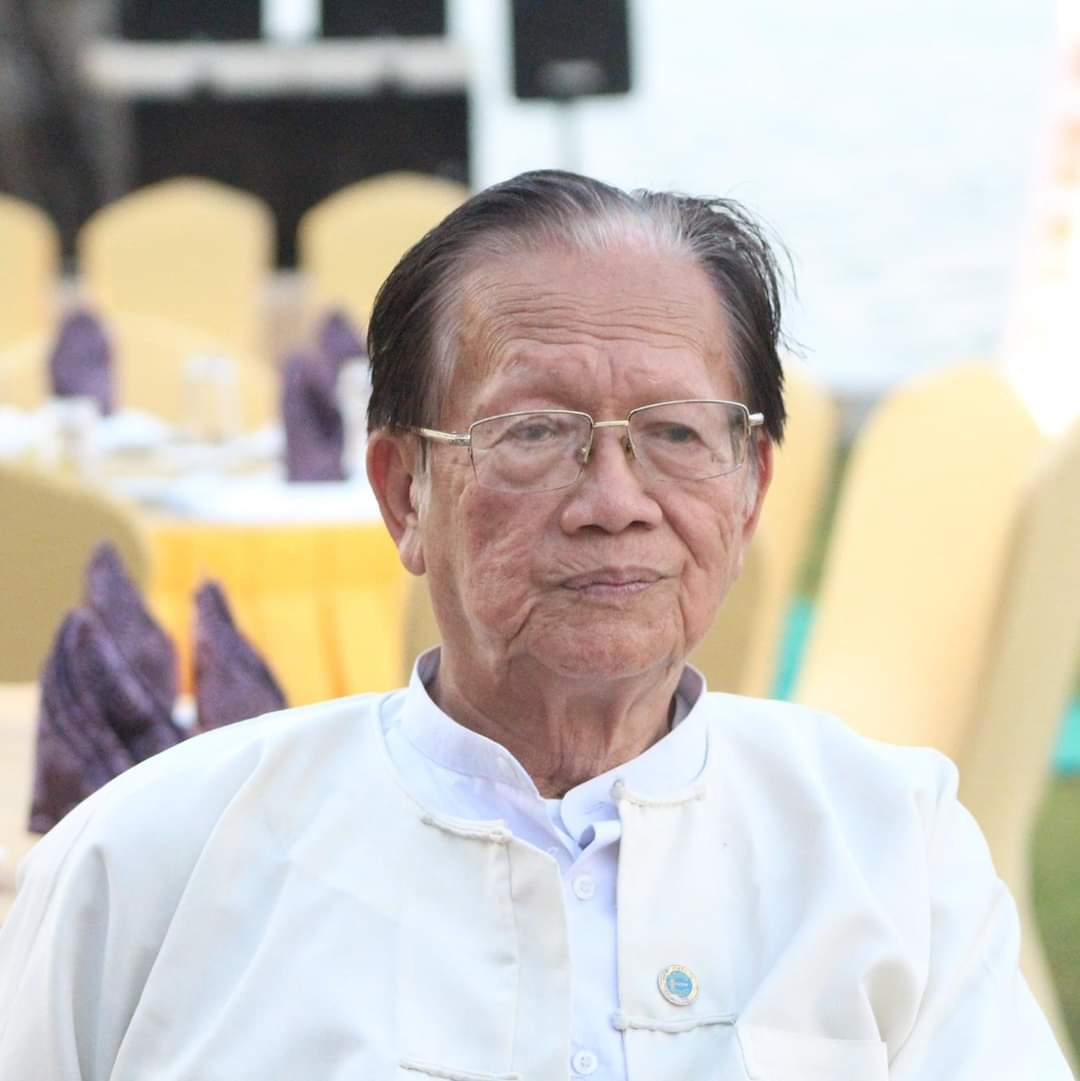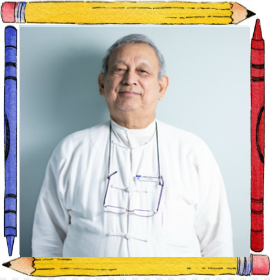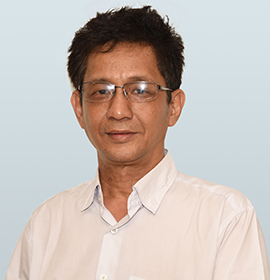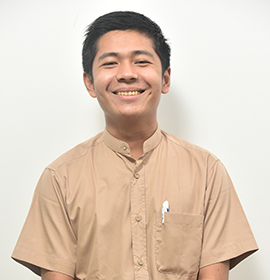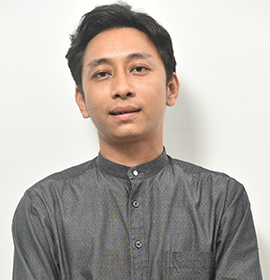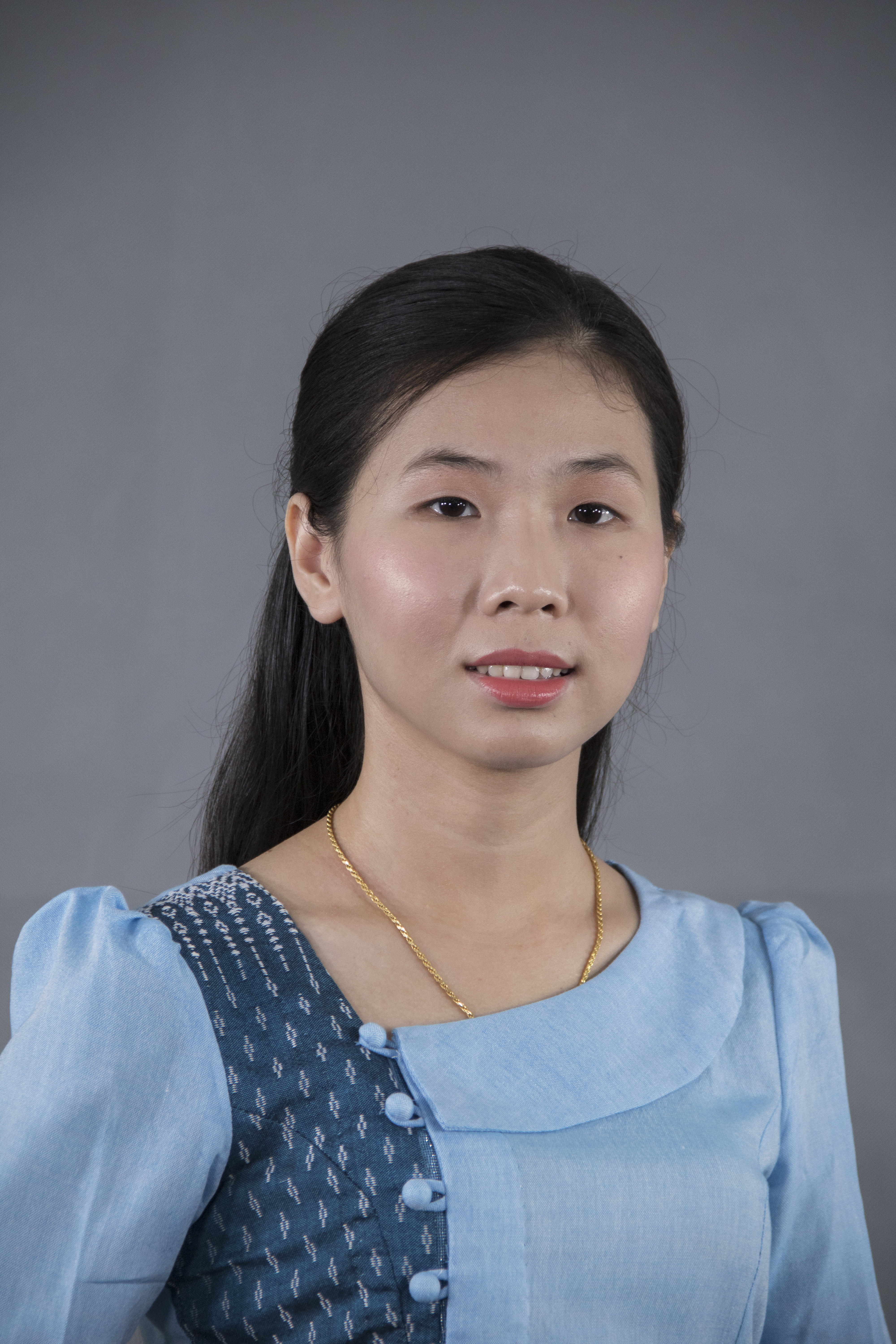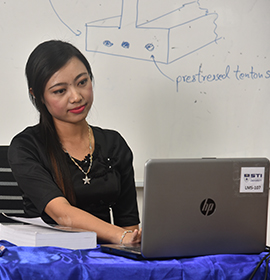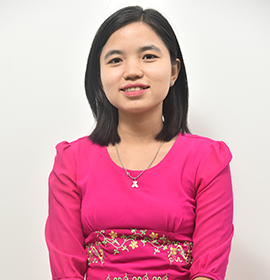Diploma in Engineering (Civil) -Level 4

- 🎓 Category : FACULTY OF ENGINEERING
- 🎓 Program : Diploma Programs
- 👩🎓 Course Coordinator : Dr. Thein Tan
About the course
Civil engineering is a key area to support the national development of Myanmar. The Diploma year (Level 4) introduces students to the essential skills, knowledge and attributes required for civil engineers. The course helps students develop competence in the study of mathematics for engineers, mechanics, drawing, practical skills, sustainability and surveying with creative ideas. A professional approach to civil engineering is encouraged from the outset, including building relationships as an individual and as a member of a team, such as in undertaking a supervised group project on a negotiated topic. The four threads of design, sustainability, health and safety risk management and professional and ethics are embedded within the course.
The STI MU Diploma in Civil Engineering (Level 4) provides the first of three years of full-time study which culminates in the BEng (Hons) Civil Engineering (Top-up) at Level 6, awarded by the University of Bedfordshire, UK.
Educational Aims of the Course
This course aims to achieve the following for its students:
🔨To lay the foundations for becoming an engineer who is practical, articulate, numerate, literate, creative and flexible
🔨To Introduce the concepts and principles of civil engineering, and to help students understand to evaluate and interpret these creatively
🔨To enable students to present, evaluate and interpret statistical data in order to understand the performance of systems and components
🔨To introduce the wider professional responsibilities of civil engineers, including code/s of conduct, working within an ethical framework, health and safety, risk management, environmental, sustainability and societal issues
🔨To provide an educational foundation for a range of studies directly relevant to civil engineering, including commerce, enterprise, marketing, innovation and creativity
🔨To acquire technical proficiency in design skills, allowing students to look for safe, economic and creative solutions to practical problems
🔨To develop a range of transferable skills, techniques and personal attributes essential for successful performance in the professional workplace, and which require the exercise of some personal responsibility
Intended Course Learning Outcomes
By the end of the course, students should be able to:
🔨LO1: Identify the basic scientific principles that underpin relevant engineering technologies and systems
🔨LO2: Use relevant materials, equipment, tools, products and processes in a civil engineering workshop
🔨LO3: Select and apply mathematical and statistical methods which support the modelling and analysis of engineering problems
🔨LO4: Be aware of the commercial, economic, and social contexts of engineering processes
🔨LO5: Apply engineering analysis to solve practical engineering problems, and recommend solutions
🔨LO6: Be aware of constraints including environmental and sustainability limitations; legal, ethical, health, safety, hazard and risk issues; intellectual property; codes of practice, protocols and standards
🔨LO7: Apply design techniques, and show creativity and originality in work produced
🔨LO8: Communicate ideas and technical information effectively in different formats, including orally, verbally and graphically
🔨LO9: Explain and apply the use of spatial information in design and construction projects
🔨LO10: Work effectively as a member of a team, recognising factors that affect team performance
Teaching and Learning Methods
🔨Acquisition of core knowledge is through a mixture of lectures, presentations, demonstrations, laboratory sessions, field trips, experiments and self-directed study
🔨Analytical thinking skills are developed through discussion and test questions.
🔨Practical skills are developed through laboratory experiments, the use of simulation software and workplace experience
🔨Transferable skills are developed through assignments and presentations, particularly in the project unit.
Method of Assessment
Assessment activities provide major opportunities for learning. Assessment criteria are linked to unit learning outcomes and stated for students in unit information forms.
Assessment methods vary for different units, but the course will include:
🔨Unseen mathematical tests
🔨Case studies or relevant workplace scenarios
🔨Practical assessments
🔨Assignment reports
🔨Oral presentations
🔨Group project work
🔨Closed book examinations
🔨In-class assessments
🔨Each unit will include a variety of methods from the list above. The number of assessments varies from unit to unit.
Support for Students and their Learning
Student progression on the course is supported both by teaching faculty and support series at STI MU and includes:
🔨Induction sessions introducing students to the subject, higher level skills, learning resources
🔨Course and unit handbooks available in print and electronic format
🔨Personal Academic Tutor (PAT) scheme
🔨Field trips, site visits and visiting speakers
🔨Study visit abroad programme annually
Laboratories: equipment includes Hydraulics Bench (Volumetric), Stability of a Floating Body, Set of Weirs for H1D, Friction Loss in a PIPE, Impact of a JET, Flow Measurement and Centre of Pressure Module and equipment necessary to analyse soil-water flow in unsaturated conditions.
Design studio: equipment includes state-of-the-art equipment required to practice architectural design, concept and analysis of the architecture students. Students will plan landscape, parking, flow, floor, ceiling, window and develop the section and evaluation, the exhibition, landscape planning, design, and operation of site, section, elevation development
🔨Workshop equipped with carpentry and masonry equipment
🔨Written/verbal assessment feedback
🔨Access to support services including help for dyslexia, mobility, counselling
🔨Library and librarian support
🔨Opportunities for taking part in University Student Council, Civil Engineering Staff-Student Liaison Committee, club activities and volunteer works at the school events
🔨Semester wise Parent Conference to report and give feedback on the progress of student performance
🔨Supplementary sessions for critical thinking, presentations, academic writing, referencing and plagiarism
Programme Resources
🔨Suitable IT resources including AutoCad, Sketchup, Rhino, Vray
🔨Materials Laboratory
🔨Employer links providing suitable site visits
🔨Workshop
🔨Learning Management System (LMS)
Criteria for Admission to Level 4
🔨Successful completion of Foundation (Certificate in Engineering)
🔨Certificate holders with other relevant disciplines will be considered to enter level 4 based on individual qualifications.
🔨Applicants with relevant work experience may be considered on a case-by-case basis for Recognition of Prior Learning (RPL)
🔨IELTS (4.5 overall, 4 individual) equivalence
Completion of the Award
All units studied must be completed with a minimum grade of a Pass in order to complete the Diploma award.
Progression to Levels 5 and 6
Progression onto the Advanced Diploma in Civil Engineering (Level 5) normally requires the completion and passing of all Diploma (Level 4) units.
Progression onto the BEng (Hons) Civil Engineering (Top-up – Level 6), awarded by the University of Bedfordshire, will also normally include the completion and passing of all Diploma units at Level 4.
Entry Requirement
-
Successful completion of Foundation Certificate in Engineering Level 3
-
Certificate holders from other relevant disciplines will be considered for entry to Level 4 based on individual qualifications.
-
Applicants with relevant work experience may be considered on a case-by-case basis for Recognition of Prior Learning (RPL)
-
IELTS (4.5 overall, 4 individual) or equivalent qualifications
Course Structure
|
Unit Code |
Level |
Credit |
Unit Name |
Core or Option |
|
BE 2101 |
4 |
7.5 |
Mathematics II |
Core |
|
BE 2102 |
4 |
15 |
Graphical Process for Design |
Core |
|
BE 2103 |
4 |
15 |
Applied Mechanics |
Core |
|
BE 2107 |
4 |
15 |
Construction Materials (Timber and Masonry) |
Core |
|
BE 2109 |
4 |
15 |
Organization and Procedure of Construction (Health and Safety ) |
Core |
|
BE 210E |
4 |
|
English |
Core |
|
BE 2101 |
4 |
7.5 |
Mathematics II |
Core |
|
BE 2105 |
4 |
15 |
Mechanics of Materials ( Soil & Fluid Mechanics) |
Core |
|
BE 2106 |
4 |
15 |
Sustainable Design |
Core |
|
BE 2104 |
4 |
15 |
Surveying |
Core |
|
BE 2108 |
4 |
15 |
Construction Plant in Civil Engineering (Health and Safety) |
Core |
|
BE 210E |
4 |
|
English |
Core |
Duration 1 year
Progression Route
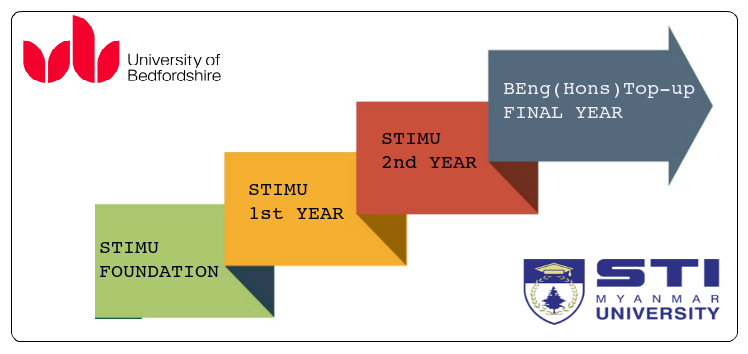
Course Fees
7,060,000 MMK (Course Fees may change without prio...

